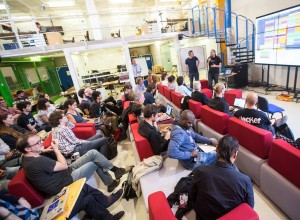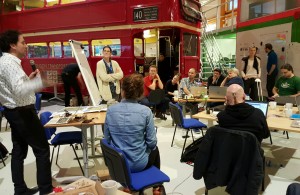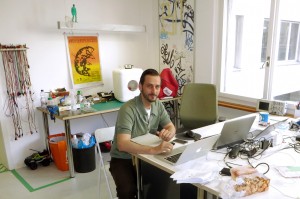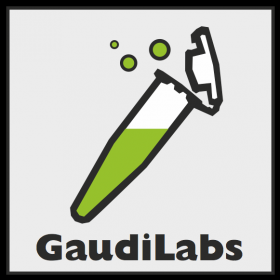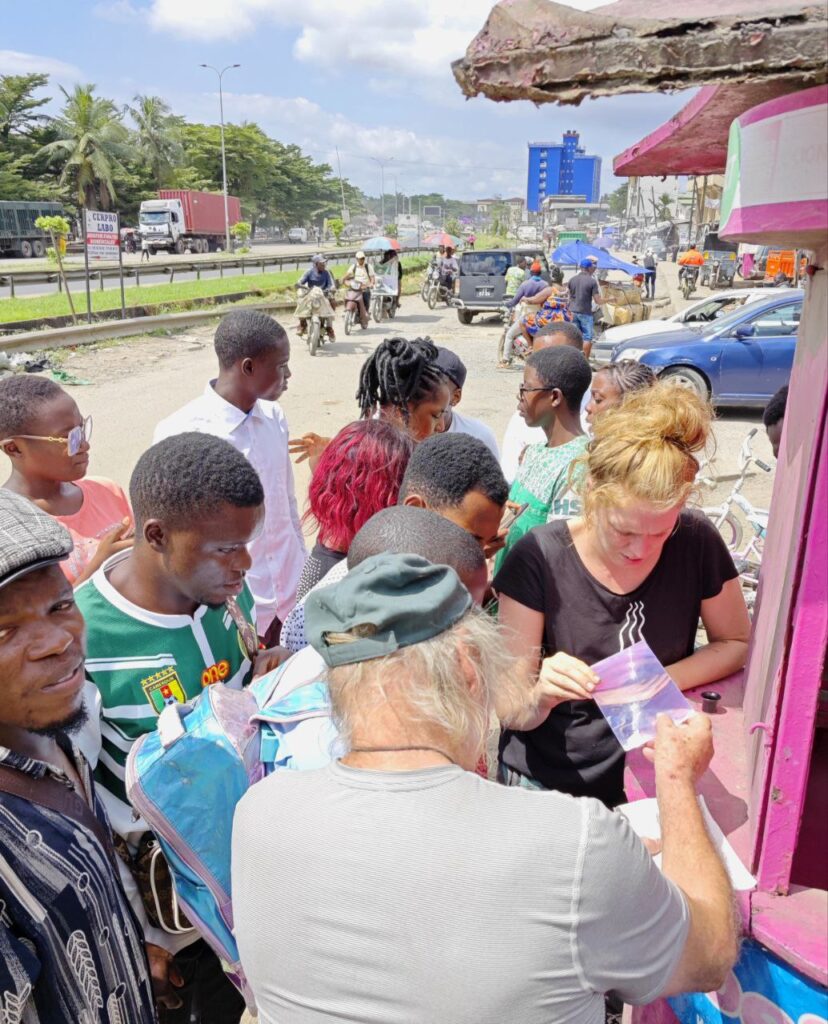
In September, we visited the Computer and Solar Training Center of Linux Friends (ALF) in Limbe, Cameroon. Initiated by Michel Pauli, this open-source school offers an alternative approach to education, research, and manufacturing, fostering a locally adapted, culturally relevant, and sustainable ecosystem. Over three intensive weeks, we taught and learned solar panel production using local resources. On our way back, we spent a few days in Douala with Gisele Yitamben and taught at her school, successfully testing reflow soldering with a Fresnel lens and sunlight together with students.
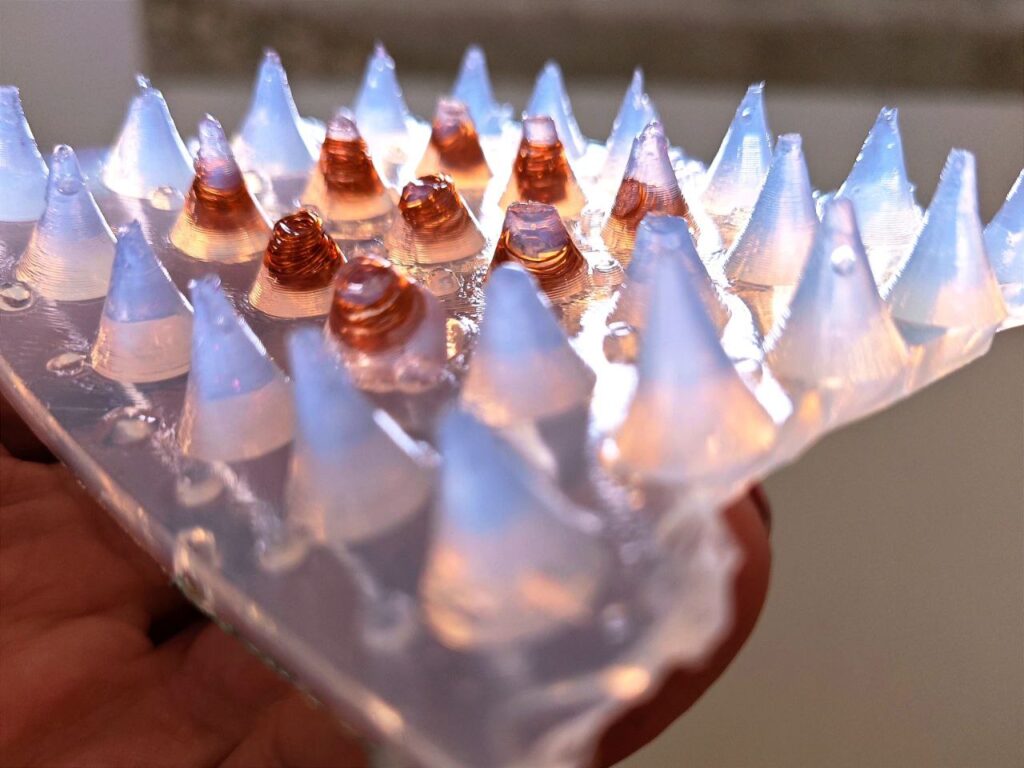
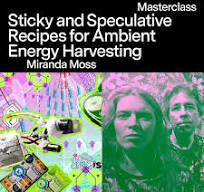
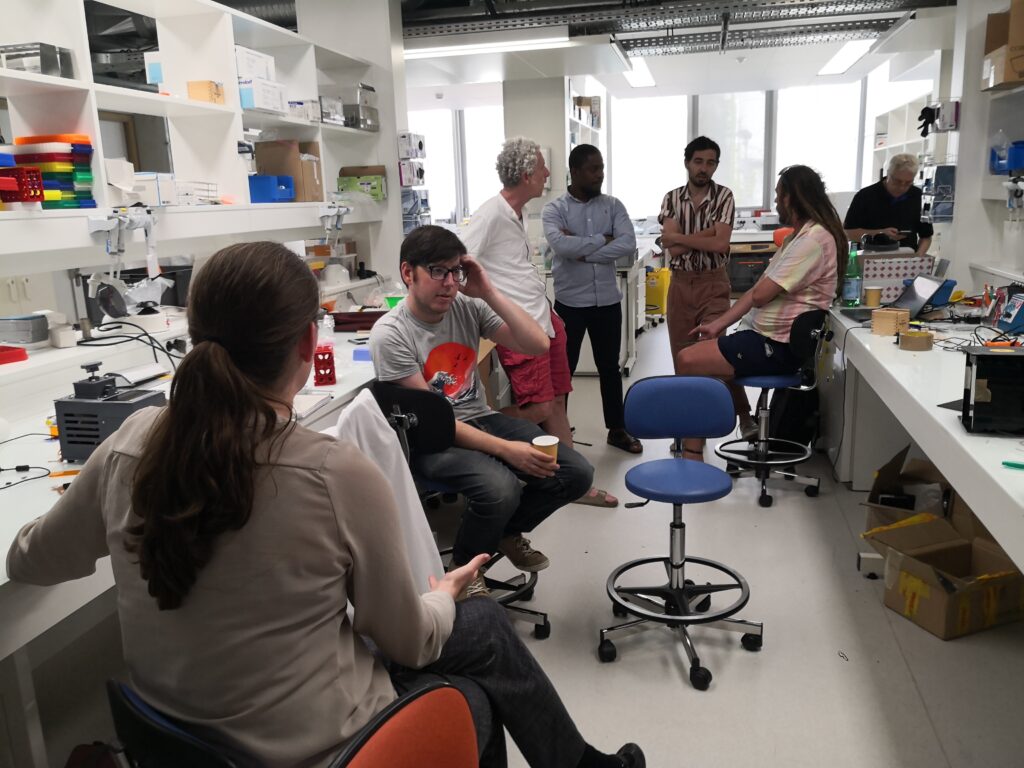
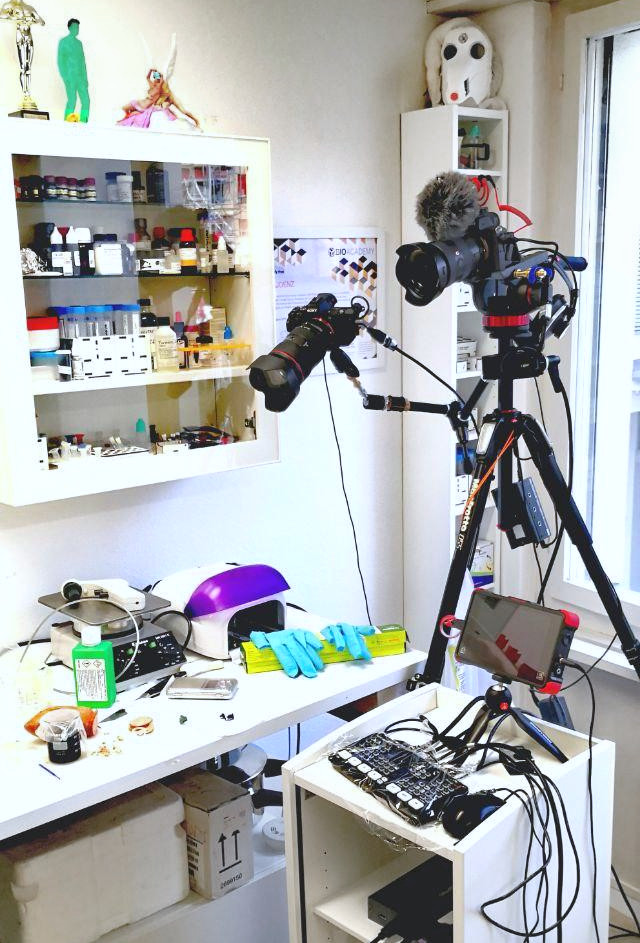 During the pandemic GaudiLabs was busy with online activities and some smaller physical laboratories. With Ryan Fobel from
During the pandemic GaudiLabs was busy with online activities and some smaller physical laboratories. With Ryan Fobel from 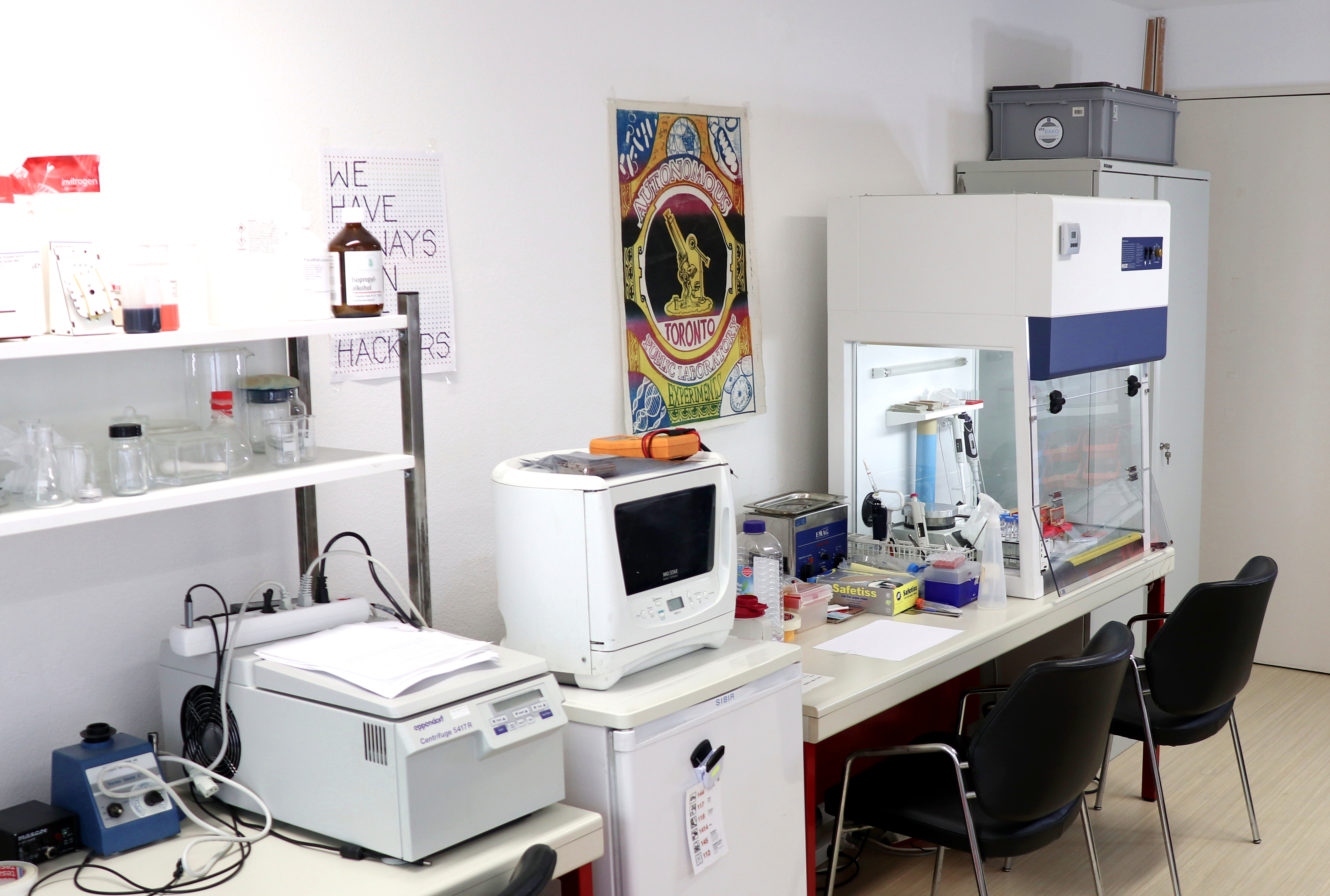 After several years of successful business, GaudiLabs was transformed into a limited liability company in 2020.
After several years of successful business, GaudiLabs was transformed into a limited liability company in 2020.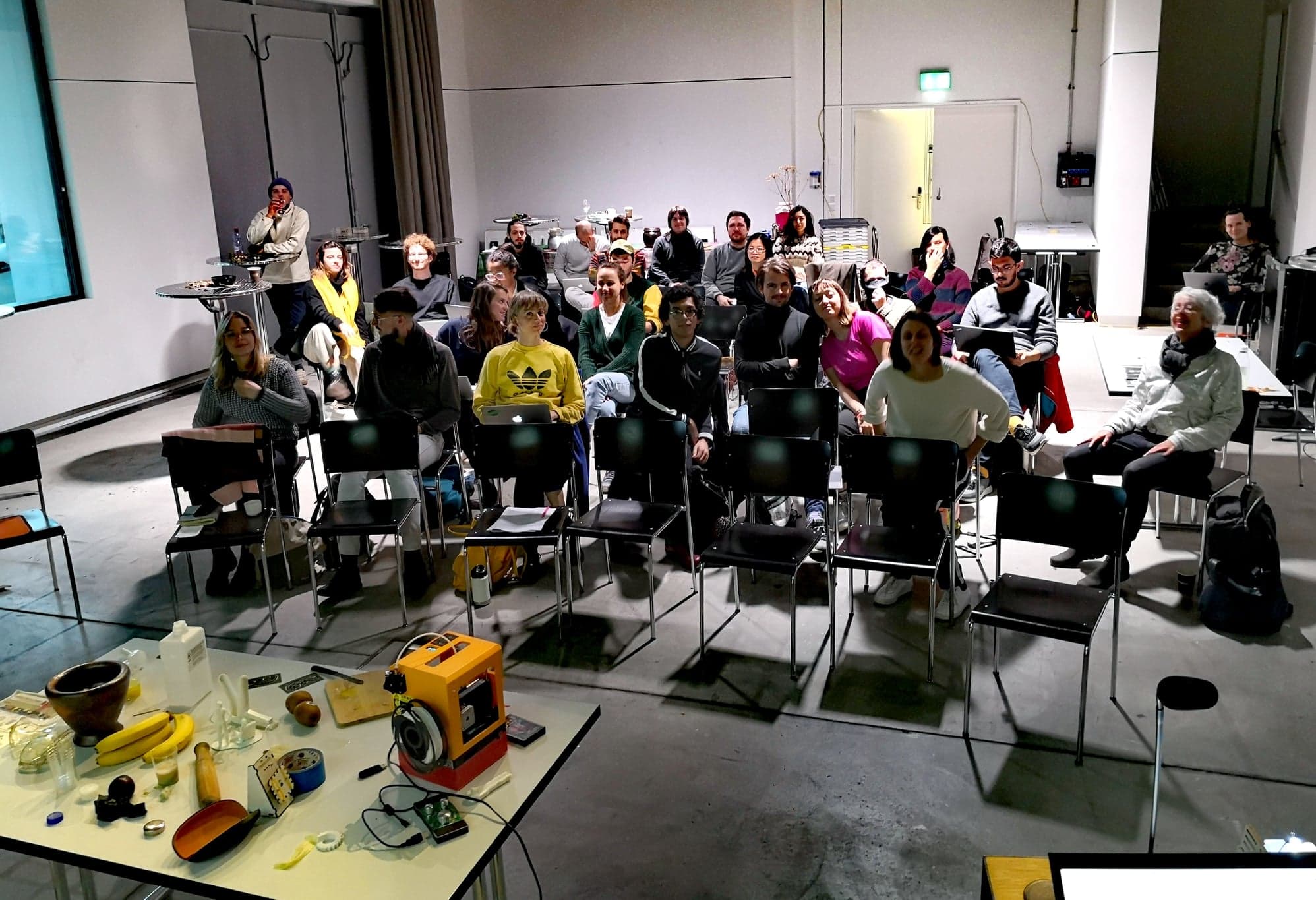 Guest lecture for the “How To Symposium: Copy Paste & Rights” at Zurich University of Arts (ZhdK). Talked about the merger of digital representation and physical manifestation. Showed Shenzhen ready open hardware, the
Guest lecture for the “How To Symposium: Copy Paste & Rights” at Zurich University of Arts (ZhdK). Talked about the merger of digital representation and physical manifestation. Showed Shenzhen ready open hardware, the 